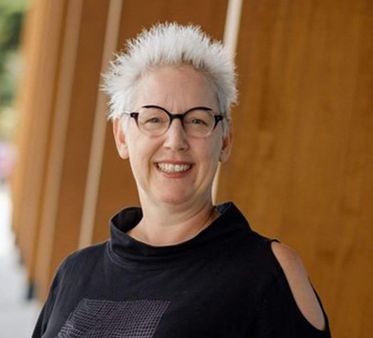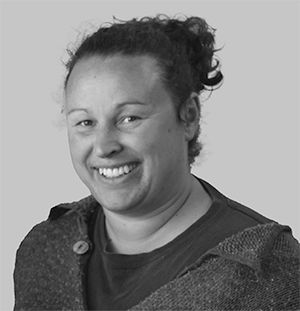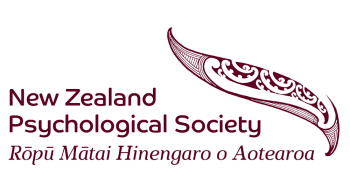
Structure & Governance
The NZPsS Executive
The NZPsS is governed by and Executive made up of members elected by the membership. The Executive has the overall responsibility of determining the strategic direction, policies and priorities for the Society. The Executive is made up of twelve members including the Executive Director who is an ex officio member.
The NZPsS Rules (PDF) underpin the governance of the NZPsS.
Minutes from Executive Meetings and other information can be found on this page.
NZPsS Executive and Executive Director
The NZPsS Executive is made up of seven elected members and two Directors of Te Tiriti Issues who are appointed by the National Standing Committee on Te Tiriti Issues. The Executive also has a Kaihautū/Kaumatua who supports and advises the Executive on Te Tiriti issues. The Executive Director is an ex officio member of the Executive.
President: Dr Rebecca Wirihana
President-Elect: Iris Fontanilla
Director of Professional Development and Training: Dr. Rebekah Graham
Director of Social Issues: Lisa Stewart
Director of NSCTTI: Dr Hukarere Valentine
Director of NSCTTI: Megan Fitzpatrick
Director of Professional Issues: Nick Farrelly
Director of Scientific Issues: Dr Erin Tahauri
Director of Environmental Issues: Dr. Phillipa(Pip) Pehi
Student Rep: Jacquie Shanks
Tauira Māori: Abigail Cashell
Kaihautu: Assoc.Prof Waikaremoana Waitoki
(NSCTTI - National Standing Committee on Te Tiriti Issues)







 Megan Fitzpatrick
Megan Fitzpatrick
Director of NSCTTI
Megan Fitzpatrick (Te Rarawa, Ngāpuhi, Ngāti Hine), Megan is a registered Educational Psychologist. She began her career working in Learning Support for the Ministry of Education, predominantly with ākonga and whānau Māori in both Māori and English medium. She currently holds a national role as Kaitohutohu Ārahi in the Ministry’s National Service Support and Guidance roopu. Megan’s passion and mahi is to contribute to better outcomes for all mokopuna and whānau Māori, and in raising cultural awareness and improving practitioner preparation before engaging with whānau Māori, as part of the solution.

Abigail Cashell
Tauira Māori Student representative

National Office
The NZPsS is managed by an Executive Director who supports the Executive in its work and is an ex officio member of the Executive. National Office staff’s work centres around supporting the NZPsS to provide services and benefits to members and information to the public.
Branches and Institutes
Members and student subscribers can join professional institutes and can participate in the activities of local branches.
National Standing Committee on Te Tiriti Issues (NSCTTI)
The Society has established a National Standing Committee on Te Tiriti Issues (NSCTTI) (formerly the National Standing Committee on Bicultural Issues, NSCBI) to advise on appropriate cultural development. In addition the NSCTTI contributes to the functioning of the Society, through regular contributions to publications, advice to the Executive and providing advice and expertise in relation to workshops on cultural justice and biculturalism. The NSCTTI provides advice and direction to the Executive in relation to the Society’s Te Tiriti commitment.
National Office
The National Office is the gateway for members to access services and resources and the National Office team provide support and assistance to NZPsS members and the Executive.

Veronica Pitt
Executive Director

Helen Weststrate
Membership

Heike Albrecht
Professional
Development

Sisilia Joseph
Finance
Strategic Plan
Click to view the Society’s strategic plan and here as a visual version.
Past Presidents of the NZPsS
Click here to view the list of past NZPsS Presidents
Rules of the Society
The Rules of the Society (PDF) guide the governance and activities of the NZPsS. NZPsS Institutes are also governed by a set of Rules.
Annual General Meeting
The NZPsS AGM is held at the NZPsS Annual Conference in August/September each year. Members of the NZPsS who are, Full Members, Life Members, Associate Fellows and Fellows may vote on items of business conducted at the AGM.
